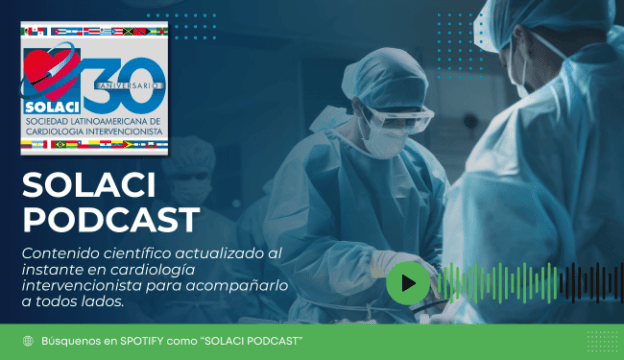We had to wait for it, but we have finally seen a benefit in hard endpoints—such as mortality—derived from rechanneling. Patients with chronic total occlusion (CTO) in whom rechanneling was used as initial strategy showed higher survival rated compared with those receiving medical therapy.

As initial treatment strategy, rechanneling a CTO did not show any benefit in medium-term hard endpoints compared with optimal medical therapy. This recent paper published in JAHA needed a 10-year follow-up to gather this information.
Between 2003 and 2012, 2024 patients with CTO were included in a registry to be followed for about 10 years.
Patients who had previously undergone a coronary artery bypass were excluded (n=477), leaving 833 patients in whom rechanneling was used as initial treatment strategy, and 664 whose initial treatment was optimal medical therapy.
In both groups, patients with multivessel disease were treated with angioplasty for non-CTO obstructive lesions.
Read also: Should Total Occlusion Influence on Revascularization Strategy?
Within the rechanneling group, success rate was 79.2%. Furthermore, this group presented lower cardiovascular mortality during the 10-year follow-up compared with the optimal medical therapy group (10.4% vs. 22.3%; hazard ratio [HR]: 0.44: 95% confidence interval (CI): 0.32 to 0.59; p < 0.001).
Results were consistent after propensity score matching the baseline characteristics of both populations (13.6% vs. 20.8%; HR: 0.64, 95% CI: 0.45 to 0.91; p = 0.01).
The mortality benefit observed with rechanneling was driven by a separation of the curves observed between 3 and 10 years (8.3% vs. 16.6%; HR: 0.43, 95% CI: 0.27 to 0.71; p < 0.001), but not earlier (5.7% vs. 5.0%; p = 0.71).
Read also: Biodegradable Polymer Myth Also Debunked for ACSs.
The beneficial effects of rechanneling were consistent in all patient subgroups.
Conclusion
Rechanneling a chronic total occlusion as initial treatment strategy may reduce long-term mortality compared with optimal medical therapy. Results from this research need confirmation from similar follow-up in randomized studies.
Original Title: Late Survival Benefit of Percutaneous Coronary Intervention Compared With Medical Therapy in Patients With Coronary Chronic Total Occlusion: A 10-Year Follow-Up Study.
Reference: Taek Kyu Park et al. J Am Heart Assoc. 2021;10:e019022. DOI: 10.1161/JAHA.120.019022.
Subscribe to our weekly newsletter
Get the latest scientific articles on interventional cardiology





